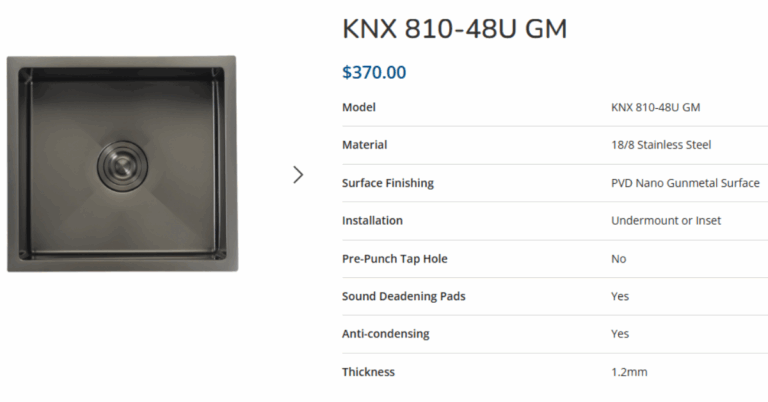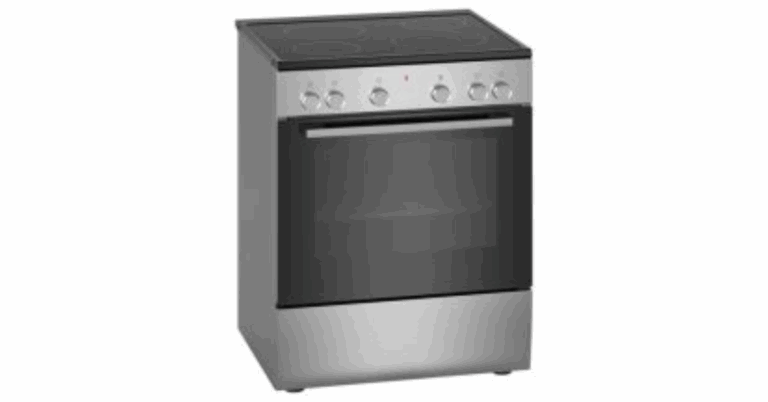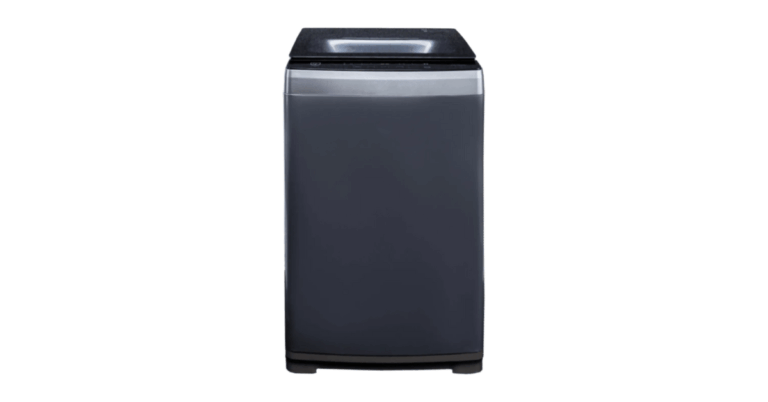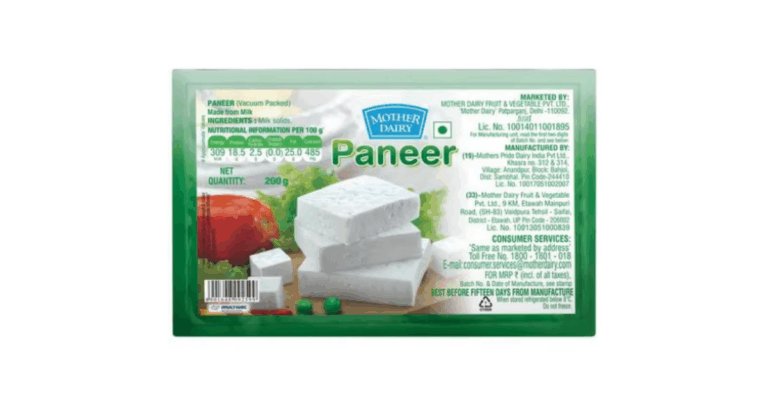Choosing a 50/60Hz Washing Machine for Marine and Commercial Use
When selecting a washing machine for marine vessels, commercial applications, or residential use, frequency compatibility is a crucial factor. A 50 60Hz Washing Machine is designed to function across different power systems, making it a versatile option for various settings, including ships, cruise liners, and international locations where power frequencies may vary.
Understanding the Importance of Frequency in Washing Machines
Electrical frequency, measured in Hertz (Hz), determines the operating speed of motors in appliances. Most countries use either 50Hz or 60Hz power grids, and using a washing machine that is not compatible with the local frequency can lead to performance issues or even equipment damage. A 50/60Hz washing machine is designed to function efficiently on both frequencies, ensuring reliable operation across different regions.
Benefits of a 50/60Hz Washing Machine
Global Compatibility
A washing machine that supports both 50Hz and 60Hz frequencies is ideal for ships, cruise vessels, and businesses operating in multiple locations. This flexibility ensures the appliance functions seamlessly without requiring electrical modifications.
Efficient Performance
With variable frequency adaptability, these machines maintain consistent washing and spinning speeds, preventing motor strain or inefficiencies that can occur when using a fixed-frequency machine in an incompatible power environment.
Reduced Risk of Electrical Issues
Using an appliance designed for both 50Hz and 60Hz reduces the risk of overheating, motor failure, or power fluctuations. This feature is especially beneficial for marine applications, where ships may dock in regions with different electrical standards.
Durability in Challenging Environments
Marine and industrial washing machines must withstand humidity, vibrations, and fluctuating power conditions. A 50/60Hz washing machine is built with durable components to handle these challenges while ensuring long-term performance.
Features to Look for in a 50/60Hz Washing Machine
Load Capacity
Depending on usage requirements, machines are available in various capacities. For commercial and marine use, larger 8kg to 15kg models are preferred, while residential units typically range between 5kg and 10kg.
Energy and Water Efficiency
Choosing a model with low energy and water consumption ensures sustainability, especially in environments where resources are limited, such as ships and offshore platforms.
Washer-Dryer Combination
For space-saving benefits, washer-dryer combo models are an excellent choice, particularly in confined spaces like cruise ships and small apartments.
Corrosion-Resistant Build
Given exposure to moisture and salt air, marine washing machines should be constructed from stainless steel or rust-resistant materials to enhance longevity.
Secure Installation Features
To prevent movement during ship travel, marine-grade washing machines should include anti-vibration technology and secure mounting systems that keep them stable even in rough sea conditions.
Choosing the Right Washing Machine for Your Needs
Before purchasing a 50/60Hz washing machine, consider:
- The power system where it will be used (marine, residential, or commercial)
- Required load capacity based on the number of users
- Space constraints in the installation area
- Energy efficiency ratings to reduce operational costs
- Brand reliability and warranty support
Conclusion
A 50/60Hz washing machine is an ideal solution for users needing global power compatibility, efficiency, and durability in diverse environments. Whether for marine vessels, international operations, or industrial use, selecting the right washing machine ensures reliable performance while meeting power requirements, efficiency standards, and durability expectations.







